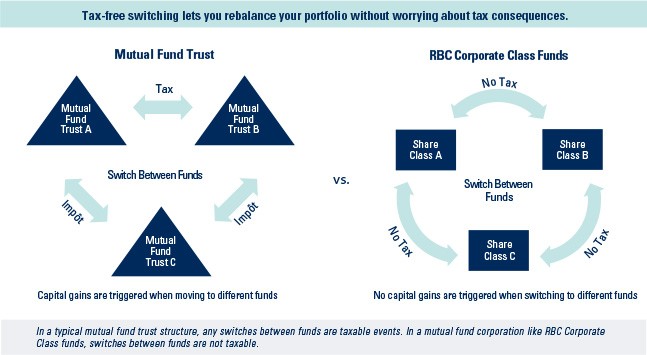Costs of Mutual Fund Investing RBC Global Asset Management
Post on: 13 Октябрь, 2015 No Comment

Costs of Mutual Fund Investing
There are different investment options available to help you reach your financial goals. Regardless of which investment you choose, it is important to understand the costs involved and how those costs affect your investment. Not all mutual funds have the same fee structure. The costs of some funds will impact your return more than others.
The less you pay for your investments, the more you keep, making the cost of investing something you should always try to minimize. Over time, minimizing costs can have a significant and positive impact on the growth of your portfolio.
Every mutual fund has certain costs associated with it. In reviewing funds to include in your portfolio, consider these costs as part of your decision-making process:
- Management Expense Ratio (MER)
The MER is the total of the management fee, operating expenses (or administration fee) and GST/HST charged to a fund each year, expressed as a percentage of a funds average net assets for that year. All mutual funds have an MER.
The returns you earn as an investor reflect performance data that is reported after the funds MER is deducted. For example, if your funds investments gained 9% last year and the funds MER was 2%, the reported return would be 7% for that time period. Sales commissions
A sales commission (referred to as a load ) is a one-time fee sometimes paid to an advisors firm for selling a mutual fund to investors.
A no-load fund has no sales commission when a fund is purchased or redeemed.
When you choose a front-end load fund, you and your advisor negotiate the percentage to be charged, which generally ranges from 0% to 5% of the amount you invest. Mutual fund companies deduct the sales charge from the amount you invest and pay it to your dealer.
With a back-end load fund, you do not pay a commission at the time of purchase. Instead, the fund company pays a commission to your advisors firm at the time of purchase. However, if you redeem your mutual fund earlier than the prescribed time limit, you will pay a redemption fee to the fund company.
Mutual funds that are intended for long-term investing typically charge fees if units are redeemed within a short time period (e.g. 30 days). The proceeds of this fee go directly to the fund, benefiting the remaining unitholders. The fee is designed to deter excessive trading and offset the associated costs. RBC Funds and PH&N Funds suitable for short-term investing (such as money market funds) are excluded from this charge.
To learn more about investing in mutual funds, see:














